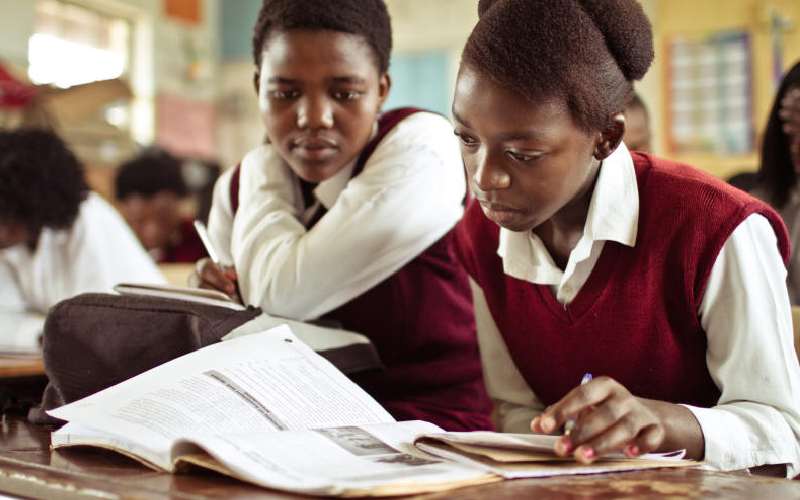×
The Standard e-Paper
Stay Informed, Even Offline

Students working together on their studies at an old worn desk in a classroom in the Transkei region of rural South Africa.[Getty Images]
Touted as a means to material achievement in life, education has a significant role on human development as well.